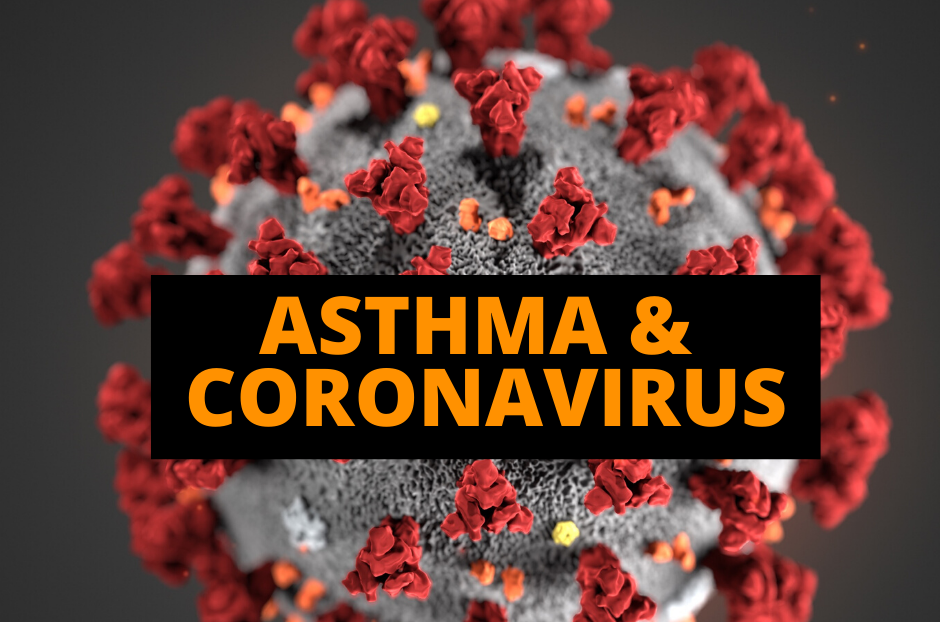Written by Azan Ahmed, Jyotsna Mehta
With the COVID-19 pandemic catching the world by surprise, many asthma patients were concerned about the effects of wearing a mask and impact of the virus on their health. Are health issues rising for asthma patients? Are they at a higher risk of getting the virus? Or does COVID-19 and asthma have no real correlation?
After looking at multiple studies from different institutions across the globe, the answer remains conflicted. One group of researchers from the Universitario de la Princesa found that patients with asthma and COVID-19 were at increased risk due to comorbidity-related factors (Izquierdo et al 2020). Another study of 961 hospitalized COVID-19 patients done by the Natural Science Foundation of Hubei Province of China concluded that patients with asthma and COPD likely have a higher risk of severe COVID‐19, which may be associated with different ACE2 (angiotensin-converting enzyme) expressions (Song et al 2020).
On the other hand, Stat News found that Covid-19 patients with asthma were no more likely than patients without asthma to be hospitalized (www.statnews.com, July 2020). Even further, in a recent study “COVID-19 Susceptibility in Bronchial Asthma” it was found out that patients with preexisting asthma have lower susceptibility to contracting the coronavirus. This study was a retrospective population-based cross-sectional study using data from a large nationwide health maintenance organization in Israel (Green et al, Feb 2021).
The American Academy of Allergy Asthma & Immunology (AAAAI) emphasizes the importance of people with asthma during this pandemic – continue taking controller medication and inform healthcare providers of any symptoms that are developed. Although they found that Covid-19 has not directly impacted Asthma patients, the AAAAI and The Union strongly suggest they keep open interactions with their physicians to ensure that they stay in control of any symptoms.(www.theunion.org, accessed Sep 4th ,2020).
The current CDC COVID-19 vaccine guidelines have listed moderate to severe asthma as one of the risk factors for being eligible for the vaccine. It is recommended that further studies be done to understand the impact of asthma on the risk for severe illness from COVID-19 to limit the effects of the pandemic. Remote monitoring platforms can be used to gather data from COVID patients and help monitor patients remotely to provide adequate self-management of their disease and avoid unnecessary visits to the doctor and hospital.
About Keva Health
Keva Health’s platform is integrating innovative remote monitoring functionality with evidence based self-monitoring programs for patients with chronic respiratory diseases to improve outcomes and reduce cost. Please contact us at [email protected] for more info.




Leave a Reply
You must be logged in to post a comment.